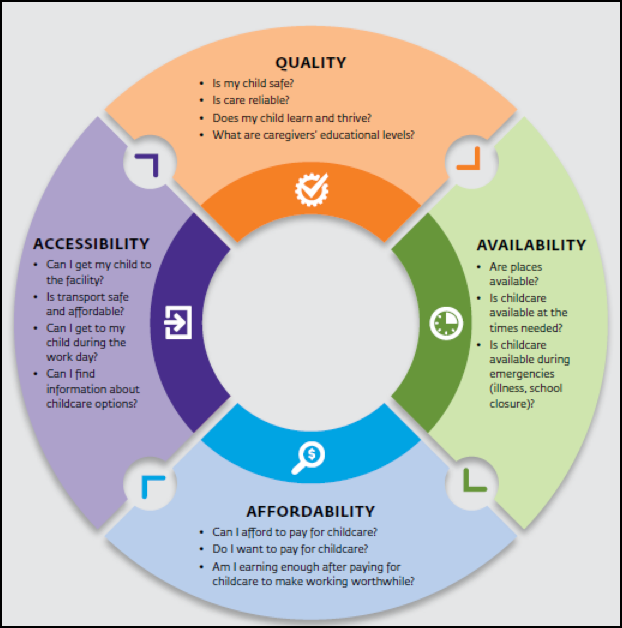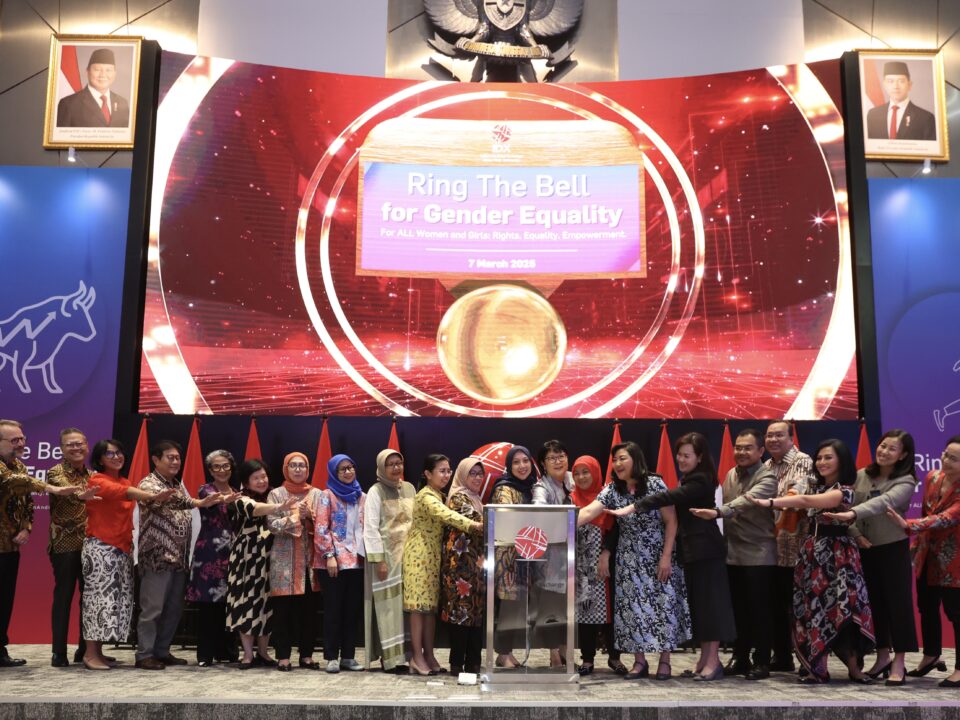
Impostor Syndrome – Feeling Insecure due to Gender Social Norms
December 24, 2023
Investing in a Work-Life Balance Relieves Mental Fatigue
December 24, 2023The Ministry of Women’s Protection and Child Protection (Kemen PPPA) stated that married women who work in both the formal and informal sectors are lower than unmarried women, which is 44 percent. But that figure dropped to 41.78 percent when women already had more than two children. The decline became more significant when married women had toddlers, at 19 percent.
“The figures show the age of the child to be a factor in the decrease in the number of female workers. It is also influenced by public expectations for women to care for their children or so-called domestic roles,” said Rohika Kurniadi Sari, Assistant Deputy for Child Rights Fulfilment, Kemen PPPA.
She added that there are three challenges for female workers in Indonesia, namely, the domestication of women, the care of toddlers charged to mothers, and the need for temporary childcare.
The Importance of Daycare Facility
Bappenas also recognizes that day-care facility is a necessity under the changing structure and dynamics of families in Indonesia today to increase women’s economic participation.
“That is, must ensure safe and comfortable conditions so that women can be economically active. Working women it’s important to feel safe leaving family, children. And comfort when there is a trusted institution,” said Woro Srihastuti Sulistyaningrum, Director of Family, Women, Children, Youth, and Sports Kemen PPN Bappenas.
Meanwhile, based on the initial findings made by IBCWE together with Prospera, CIPS, and SPIRE shows some of the constraints of day-care services in Indonesia.
The first is that childcare services are still centrally concentrated in urban areas and are still dominated by private management. Also, the cost of a day-care facility is higher than pre-school facilities, with standards not yet fully met.
So far, day-care services are still very diverse with different standards. Therefore, the government needs to create guidelines for childcare park standards (TPA) as issued by the Kemen PPPA based on Permen No.5 the Year 2015 on The Provision of Gender Responsive work facilities and Child Care in the Workplace and SE MenPPPA No.61 the Year 2020 On Guidelines for Implementation of Child Rights-Based TPA / Child-Friendly Daycare for Workers in the Region.
“The rights of children should be considered. Of all services, whether it is up to the standard where the best interests of the child are met. Not just so that the mother can work, but in the best interests of the child. That’s why it’s important to standardize it,” she said.
Besides, day-care facilities must also be equipped with regulations that benefit service providers and users of such facilities. Furthermore, the urgency of providing day-care in Indonesia, among others, supports development policies and targets, answers the needs of changing family structure and dynamics, and supports increased participation of working women.
Golden Agri Resources thinks that it is very important to provide this kind of opportunity to women in the male-dominated sector. Also, women should have the choice without the trade-off between having earnings and rearing children through the support of the community and company. Ms. Anita Neville, Senior Vice President of Group Corporate Communication Golden Agri-Resources said, by offering childcare facilities in or near (GAR housing facilities), women are less worried to travel to another location to work.
“It is a huge investment, but for us, it’s an investment to our future work. We have to make living and working in rural communities attractive to the community, including by providing quality childcare and education facilities,” she explained.
Understanding the demand for childcare: the four dimensions of childcare support

6 April 2021
Fellicca P. Madiadipura
Source:
Headline photo created by freepik





